- 3893
- 0
Sharing Ideas and Updates on LPG in Nigeria and related information to enable effective collaboration within the LPG Value Chain
NMDPRA Issues Deadline: Obtain Operating Licenses In 9 Days Or Face Potential Shutdown.
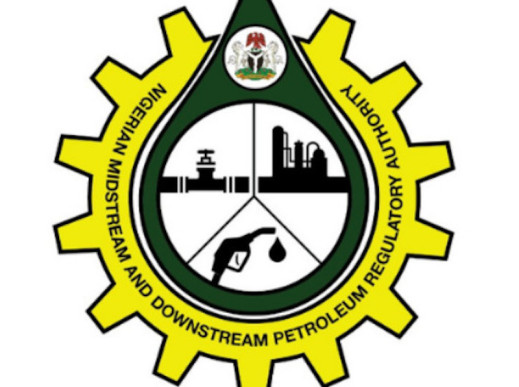
Nigerian Midstream and Downstream Petroleum Regulatory Authority (NMDPRA) has issued a nine-day ultimatum to operators of gas, petroleum, and diesel to obtain their operating licenses or face potential shutdown of their operations. Mr. Farouk Ahmed, the Chief Executive of the Authority, announced this during a Stakeholders' Engagement on Gas Utilization in Abuja on Monday. The move is aimed at fostering a culture of compliance that ensures a safer and more sustainable operating environment.
The engagement sought to encourage major consumers of petroleum products to not only operate within regulatory frameworks but also to understand the advantages offered by different fuels, particularly gas, which has been designated as Nigeria's transition fuel and a pathway to energy security.
Mr. Ahmed emphasized that the Federal Government has implemented various initiatives and policy frameworks, including the National Gas Expansion Program (NGEP) and the Decade of Gas Program (DOGP), to support these efforts. He expressed hope that the engagement would facilitate the necessary arrangements and make a compelling case for industry operators to embrace a compliance culture that ensures safer and sustainable facilities.
Under the Petroleum Industry Act (PIA) of 2021, the Midstream and Downstream Gas Infrastructure Fund was established within the NMDPRA to catalyze investments in gas infrastructure. These efforts have yielded significant results, but further collaborations and interventions are needed to enhance domestic gas utilization.
Mr. Ogbugo Ukoha, the Executive Director of Distribution Systems, Storage, and Retailing Infrastructure at NMDPRA, highlighted that the objective of the engagement was to raise awareness among end-users regarding the urgent need to obtain the required petroleum storage licenses. It also aimed to promote the transition from conventional petroleum products to gas in the final distribution stage. Ukoha emphasized that the Authority is prepared to shut down operators who fail to comply with the regulations, with the implementation of "operation no license, no loading" starting from June 1, 2023.
He emphasized that it is illegal and punishable to store and use diesel, petrol, and gas products with capacities equivalent to 500 liters and above without a license. Such facilities must be regularized and licensed. Ukoha further explained that the Authority's 12 gazetted regulations outline the licensing regimes, procedures, and standards for handling petroleum products. Violations of these regulations can pose increased risks.
Gas, being a cleaner and more cost-effective energy source, is considered the transition fuel. Operators and businesses are encouraged to capitalize on the evolving opportunities in the gas value chain to promote sustainable business growth. Embracing gas derivatives such as LNG, LPG, CNG, Autogas, Propane, and Butane can help mitigate future uncertainties in diesel supply.
Ukoha urged all petroleum product handlers to fully comply with the provisions of the PIA and NMDPRA regulations to avoid strong regulatory enforcement that could adversely affect their business operations. The Authority's mandate is to foster industry growth, and the support and collaboration of operators and businesses are crucial to achieving a safer and more affordable energy operating environment.
Hajia Nafisa Sambo-Bashari, the Group Head of Oil and Gas Group at the Bank of Industry, emphasized that the industry aims to promote and assist the industrial sector of the economy. It plays a significant role in the nation-building policies of both the government and businesses that rely on financing various productions. The industry is fully supportive of the nation's economic growth, and the engagement aimed to enlighten stakeholders on gas utilization.
Source: Punch News.





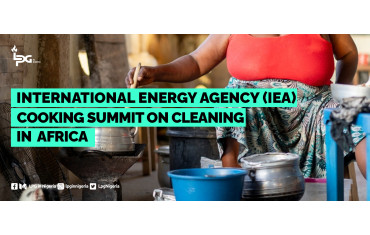
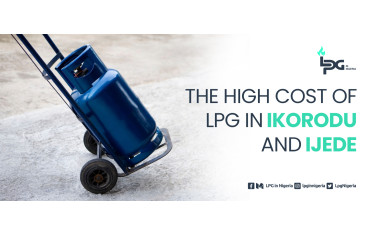
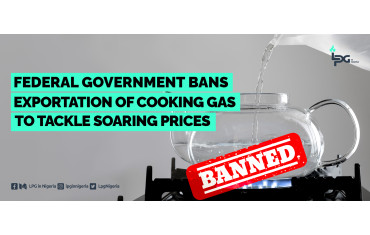
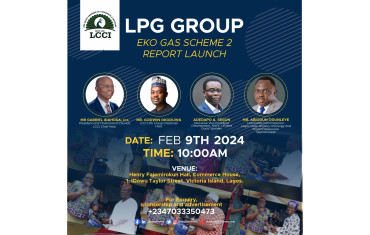
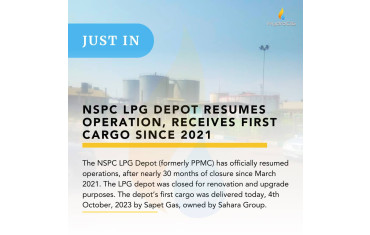
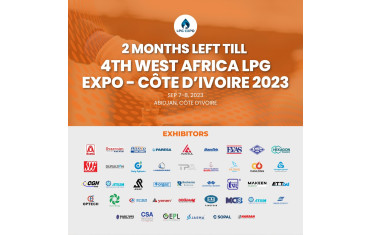
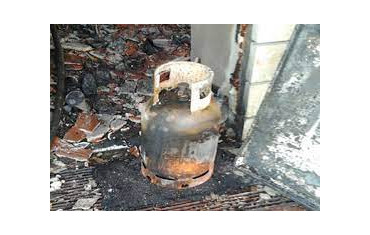

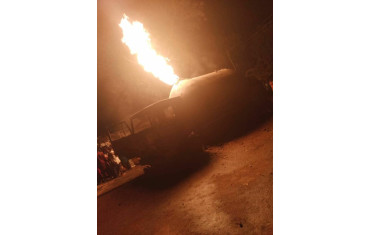


0 Comment.